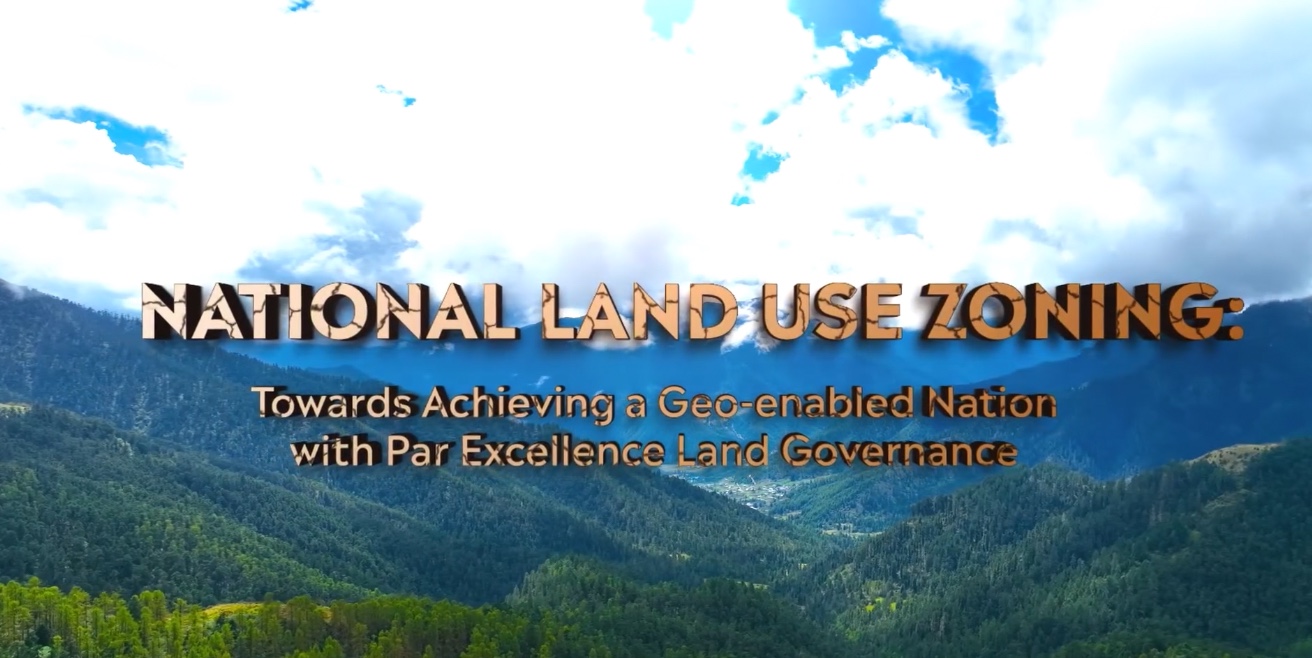Achieving a transformation in behavior necessitates a more protracted timeline compared to structural and other transformative measures. Frequently, transformative endeavors commence with structural modifications, such as altering the organizational framework, renaming departments, or merging units. However, when aiming for behavioral transformation, it becomes crucial to unite people and entities through strategic project/s in which everyone has a vested interest. One exemplary initiative in this regard is the Gelephu Mindfulness City project that emanated from His Majesty the King. Another project that I wish to dwell a bit in this paper is the National Land Use Zoning (NLUZ) exercise initiated by National Land Commission Secretariat.
Historically, our finite land and natural resources have been utilized by various agencies for diverse purposes on a first-come, first-served basis. While these agencies act with the best of intentions for their respective sectors, these efforts fall short of creating a cohesive framework that ensures sustainable utilization of our limited resources.
NLUZ stands out as a pivotal planning tool designed to guide and regulate land development and use within a country. Its significance lies in managing urban growth, safeguarding the environment, ensuring public safety, and fostering the overall well-being of citizens. The imperative for comprehensive land use planning (zoning) is underscored in the Land Act 2007 and in various documents, such as the Economic Development Policy (EDP) 2016, Bhutan’s National Adaptation Program of Action (NAPA) 2006, Bhutan National Human Settlement Strategy 2017, and others. A study by the UNCCD further emphasizes that a country lacking NLUZ systems incurs an annual waste of about 9% of its GDP. Consequently, it becomes paramount for relevant agencies and individuals to collaboratively initiate the NLUZ exercise.
Progress toward realizing NLUZ has already been initiated with the production of a baseline report in collaboration with 12 agencies. This report draws from 45 databases and 17 fundamental datasets. With over 30 agencies having a stake in NLUZ, the exercise demands extensive collaboration. Despite anticipated challenges, pursuing the NLUZ project promises to be a worthwhile endeavor. Beyond achieving the specific objectives of NLUZ, the project holds the potential to foster support and collaboration across numerous agencies and individuals, thereby catalyzing the much-needed behavioral transformation.
Watch video: https://www.facebook.com/nlcsbhutan/videos/309095271712310

